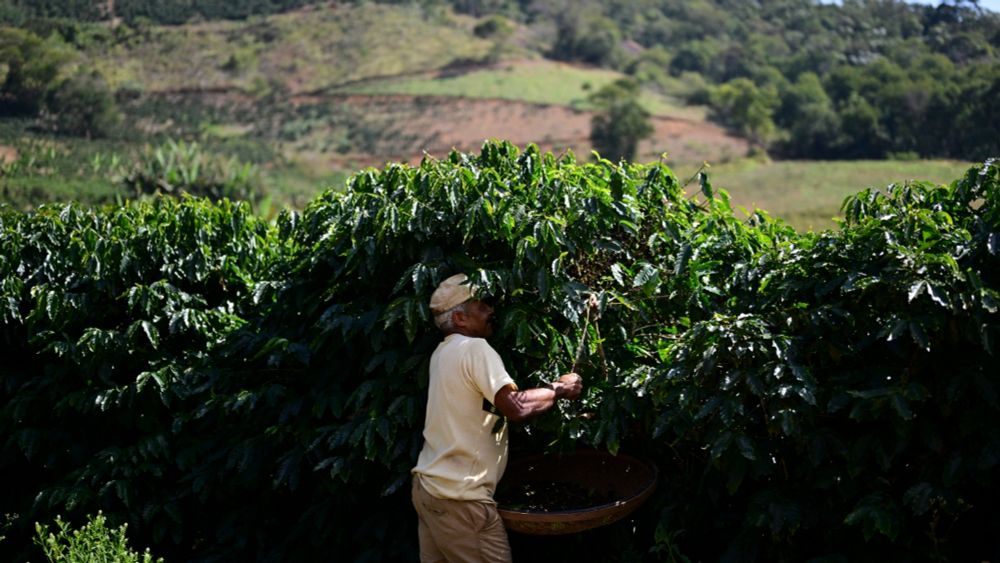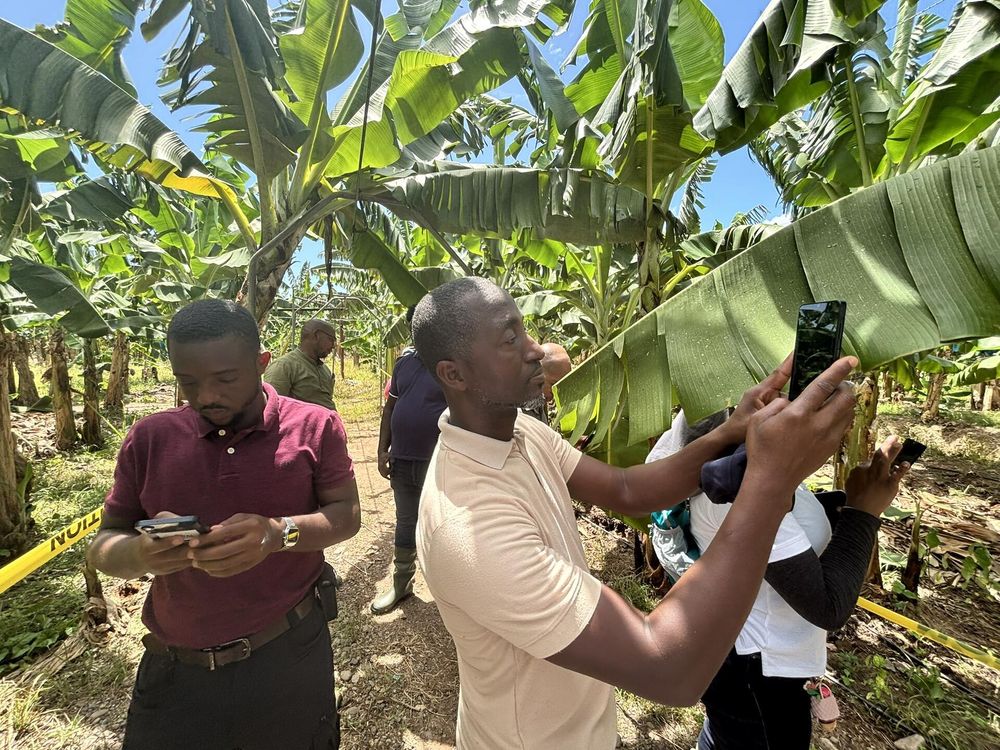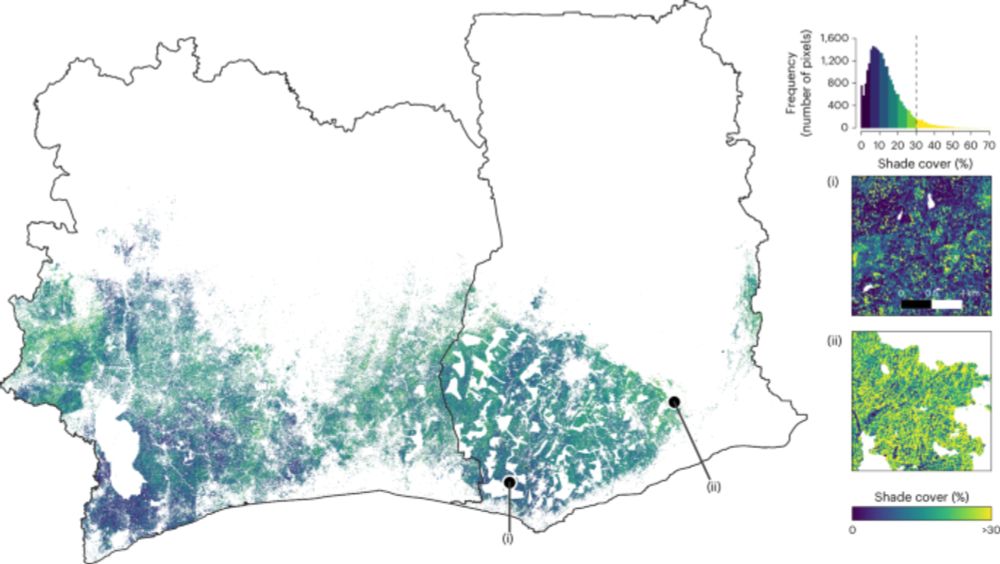
#coffee #cocoa #climateaction
#cyclist #WarOnCars
empire.streetsblog.org/state-of-the...


Let me walk you through it. It doesn't turn out well for us.
Vielen Dank auch.
Vielen Dank auch.
#Klimaschutz #Nachhaltigkeit #Forschung

#Klimaschutz #Nachhaltigkeit #Forschung

Nice story about how seemingly distant places and people depend on each other. 👇
eu.courier-journal.com/story/news/l...
Nice story about how seemingly distant places and people depend on each other. 👇
eu.courier-journal.com/story/news/l...
www.zeit.de/mobilitaet/2...

www.zeit.de/mobilitaet/2...
Der zitierte Zeit-Artikel ist mehr Verschwörungstheorie als Qualitätsjournalismus. F4F springt voll drauf auf, weil es ins Narrativ passt.
Pragmatische Lösungen für Probleme scheinen niemanden zu interessieren in dieser Runde.
www.zeit.de/politik/ausl...

Der zitierte Zeit-Artikel ist mehr Verschwörungstheorie als Qualitätsjournalismus. F4F springt voll drauf auf, weil es ins Narrativ passt.
Pragmatische Lösungen für Probleme scheinen niemanden zu interessieren in dieser Runde.
"when asked “what proportion of climate scientists think that global warming is caused mostly by human activities?” - only 30% of middle-school & 45% of high-school science teachers selected the correct option of “81 to 100%."

www.npr.org/2025/09/30/n...

www.npr.org/2025/09/30/n...
It is going to rain? Put on a coat and keep enjoying life!
Adaptation increasingly turns out to be much harder than emissions reduction!

It is going to rain? Put on a coat and keep enjoying life!
Adaptation increasingly turns out to be much harder than emissions reduction!
Finally, some food for thought how we move away from a technocratic approach wich disregards people's needs.

Finally, some food for thought how we move away from a technocratic approach wich disregards people's needs.
Or at least that’s what some 'news' headlines are suggesting in the US...
While I appreciate the media's interest in our recent study in PNAS Nexus, in reality, we found something very different...

Or at least that’s what some 'news' headlines are suggesting in the US...
While I appreciate the media's interest in our recent study in PNAS Nexus, in reality, we found something very different...



But how do we recognize, validate and penalize unethical AI use? I.e. when can I flip someone off because of sending me unchecked AI outputs?
But how do we recognize, validate and penalize unethical AI use? I.e. when can I flip someone off because of sending me unchecked AI outputs?
Extremely annoying that we can never know whether we are looking at actual content or are reduced to a procedural position in a bullshit mill.
Extremely annoying that we can never know whether we are looking at actual content or are reduced to a procedural position in a bullshit mill.
Average shade-tree cover is just 13%, far below the 20–40% recommended for climate resilience.
🔗 www.nature.com/articles/s41...
#Agroforestry #Cocoa #ClimateAction

Average shade-tree cover is just 13%, far below the 20–40% recommended for climate resilience.
🔗 www.nature.com/articles/s41...
#Agroforestry #Cocoa #ClimateAction
An den größeren Grenzübergängen kann man mit Glück gelangweilte Polizisten sehen, ansonsten sind die Grenzen wie sie sein sollten: offen und unsichtbar.
An den größeren Grenzübergängen kann man mit Glück gelangweilte Polizisten sehen, ansonsten sind die Grenzen wie sie sein sollten: offen und unsichtbar.

🔎 Textura y color
🌡️ pH del suelo
🪱 Macrofauna
📘 Descárgala gratis 👉 hdl.handle.net/10568/163145

🔎 Textura y color
🌡️ pH del suelo
🪱 Macrofauna
📘 Descárgala gratis 👉 hdl.handle.net/10568/163145
#Showyourstripes #Göttingen #Hannover
#climateactionnow

#Showyourstripes #Göttingen #Hannover
#climateactionnow



